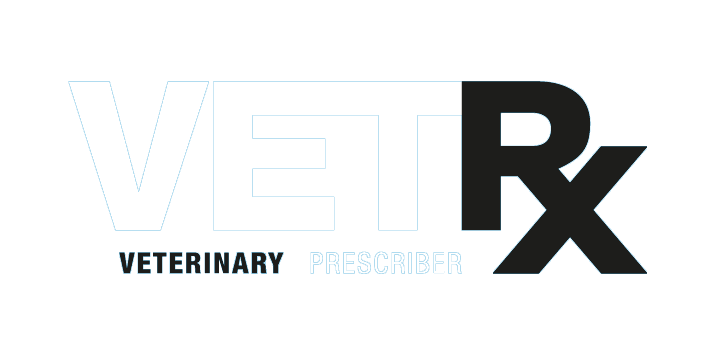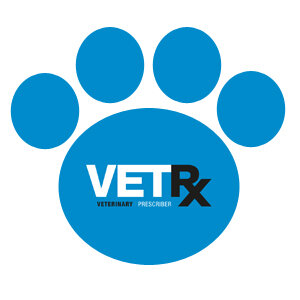Medicines News December 2020
Medicines news
Medicines regulation
A new year and a new regime? The transition period after the departure of the UK from the EU ends on 31 December. What’s going to happen in 2021?
No changes to the Veterinary Medicines Regulations (current version 2013) for the time being. In 2021, the Veterinary Medicines Regulations (VMR) will continue as before, except that from 1st January 2021 there will be two separate versions, one for Great Britain (GB VMR) and one for Northern Ireland (NI VMR). This is due the Northern Ireland protocol, which provides for Northern Ireland to remain subject to EU legislation. During 2021 there will be a formal public consultation on proposed revisions to the VMR. New, revised VMR are not expected to come into being until 2022. Click here to go to the VMD source.
Changes to the Cascade from 1 January 2021. For vets in Great Britain, the new Cascade order will be:
Veterinary medicine with a Marketing Authorisation valid in GB or UK-wide for indicated species and condition.
Veterinary medicine with a Marketing Authorisation valid in NI for indicated species or condition.
Veterinary medicine with a Marketing Authorisation valid in GB, NI or UK-wide for a different species or condition.
Human medicine with a Marketing Authorisation valid in GB, NI or UK-wide OR authorised veterinary medicines from outside of the UK.
An Extemporaneous preparation (veterinary special).
In exceptional circumstances, a human medicine imported from outside of the UK.
An import certificate will be required for products authorised in NI or outside the UK. The Cascade arrangements will be different for vets in Northern Ireland. Click here to go to the VMD source of information on this.
Making sure veterinary medicines regulation is fit for the future. The VMD has published a regulatory science strategy document. It outlines the proposed priorities for future regulatory development. These include: looking at adapting the regulatory framework to allow assessment of products that fall outside the traditional pharmaceutical and immunological product categories (e.g. allergen immunotherapy; gene therapy) to increase their availability; regulatory changes that might speed up the availability of veterinary medicines (e.g. by making use of risk-management plans); better detection of adverse effects when products are marketed; better evaluation of the environmental impact of veterinary medicines; and alternatives to antimicrobials. You can have your say on the proposals: the deadline for feedback and comments is 31st January 2021. Click here for more details.
New veterinary medicine authorisations
The following medicines have been authorised by the VMD in the past month. Newly authorised medicines usually do not appear on the market for several months.
isoflurane (Isoflurin – Vetpharma; distributor Kela Animal Health).
halofuginone oral solution for calves (Crypticel – Livisto International, distributor Forte Healthcare).
Changes to product information – companion animals
a new authorised use for Cytopoint (lokivetmab) solution for injection for dogs: for the treatment of pruritus associated with allergic dermatitis in dogs. This is an addition to the original authorised indication – the treatment of clinical manifestations of atopic dermatitis. Related module (published when lokivetmab was first authorised): Lokivetmab – a new type of treatment for dogs with allergic dermatitis.
new adverse effects information for FILAVAC VHD K C+V suspension for injection for rabbits (Rabbit haemorrhagic disease virus, Rabbit haemorrhagic disease virus type 2): clinical signs of lethargy and loss of appetite have been observed.
new dosing information for Thyronorm (thiamazole) oral solution for cats. The units of the dosing syringe have changed from mL to mg: this means that the syringe will be graduated in 0.5mg increments up to 5mg. Previously it was graduated in 0.25mL increments up to 1mL. Although this change to the SPC has been announced, the new syringe is not expected to be available to use in practice until some time next year.
Changes to product information – food-production animals including horses
new adverse effects information for Veteglan (d-cloprostenol) solution for injection for cows, sows and mares: ‘Adverse reactions in horses including sweating (occurring within 20 minutes of treatment), increased respiratory and cardiac rates, signs of abdominal discomfort, watery diarrhoea and depression may occur when exceptionally high doses are given. However, adverse reactions are usually mild and transient.’
The up-to-date SPCs for all the products can be viewed on the VMD product information database.
Our purpose...
......is to provide busy veterinary professionals with impartial information on veterinary medicines with which to make treatment decisions in the best interests of animals, their owners and the environment. We mainly do this through the Virtual Veterinary Medicines Academy where our evidence-based peer-reviewed appraisals are the result of a rigorous research and editorial process and are presented succinctly in our multi-media CPD modules. We’re independent: we don’t sell ads, or receive commercial support. We’re funded by subscribers so you can be sure the information we provide is completely objective. Subscribers get unlimited access to the Virtual Veterinary Medicines Academy.

